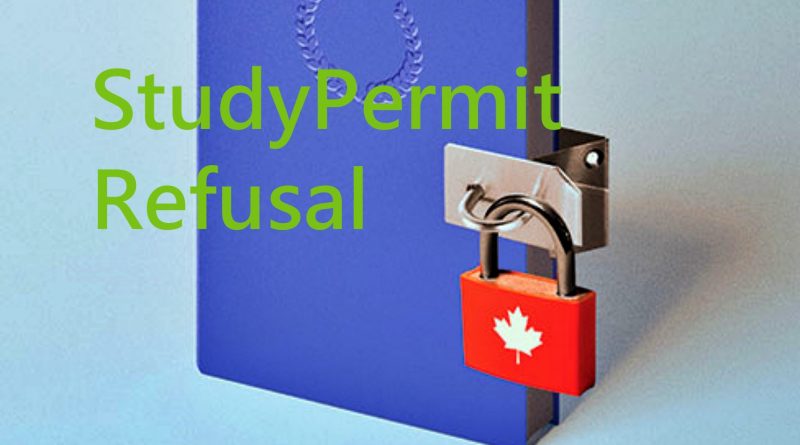High Refusal Rates on Study Permits, An Issue at Francophone Universities
Applicants from these countries also pay a heavy price personally. “For many of these students, all their life plans hinge on being able to study abroad,” explains Claire Launay, vice-president of the organization Le Québec c’est nous aussi. “When they receive an acceptance letter from a university, it’s a sign that things are starting to move forward. Having their visa application denied throws a wrench in their plans.”
Arbitrary reasons for refusal
It can be even more of a shock given that the reasons for refusal are often vague. One of the reasons most frequently mentioned by IRCC visa officers is a concern that the student will remain in Canada beyond their authorized length of stay. Applicants must prove they will leave the country once they have completed their studies. To make their decision, visa officers analyze the applicant’s letter of intent, their family ties in Canada and their home country, and even their travel history.
The idea of “dual intent” (coming to Canada to study and eventually to gain permanent resident status) is allowed, provided the applicant doesn’t stay in the country without a valid residence permit. But witnesses testifying before the standing committee acknowledged that they advise African students not to declare dual intent because it could end up working against them.
This justification goes against the federal and Quebec governments’ public claims that they want to attract more immigrants to address labour needs.
In May 2022, the Quebec government announced that, starting in fall 2023, international students enrolled in a French-language higher education institution outside the Montreal Metropolitan Area will pay the same tuition as their peers from Quebec, if they are pursuing studies in specific fields. Eligible programs of study include information technology, engineering, health and social services and education, all of which are experiencing severe staffing shortages.
At the national level, the federal government recently announced it would extend post-graduate work permits to international graduates. Students whose temporary status is expiring will be able to stay in Canada longer, thereby increasing their odds of obtaining permanent residency.
“International students from French-speaking African countries have studied in French, earned a degree in Quebec, built a community here and often already have job offers,” says Mr. Brunelle-Duceppe. “Telling them to go home runs counter to our needs and hits Quebec especially hard.”
Yet professional recruiters are trying to sell African students on the opportunity of moving to Canada permanently. “The prospect of obtaining permanent residency is part and parcel of the study plans these recruiters put out, so it’s even more surprising that so many applications are refused for fear the student will stay in Canada,” says Ms. Launay. She sees it as a sign that IRCC’s practices no longer adequately support Canada’s immigration targets (though the department disputes that).
“The prospect of obtaining permanent residency is part and parcel of the study plans these recruiters put out, so it’s even more surprising that so many applications are refused for fear the student will stay in Canada.”
Visa officers may also justify a refusal out of concern that a student does not have sufficient financial resources. But many French-speaking African students are denied because the visa officer screening their application doesn’t feel their chosen program of study is reasonable in light of their previous education, their professional background and other educational opportunities in their country.
That makes the president of UQTR’s blood boil. “In other words, the visa officer thinks the university shouldn’t have accepted the student – a decision that should be up to the institution, not IRCC,” says Dr. Blanchette. “We have robust admissions processes and structures in place. We don’t admit unqualified students into our programs.”
Bias and dysfunction
It’s difficult to pinpoint all the reasons for the high refusal rate. In May 2022, the standing committee tabled a highly anticipated report on the topic in the House of Commons. (The government hasn’t responded to the report yet. It has until Sept. 28 to do so.) It points to the possibility of racial bias against African students – especially those who speak French – at IRCC. In May 2021, the department acknowledged the presence of racism within its walls and made a commitment to combat it. When Immigration, Refugees and Citizenship Minister Sean Fraser appeared in front of the standing committee on March 24, he said: “it’s not lost on me that there have been some very serious issues that have pertained to IRCC. I’m not here to suggest that they have not taken place but to commit to improving them.”
Systemic dysfunction may partially explain the differential treatment. For instance, the documentation required for an application may vary by region, even for similar programs.
The report also raised concerns about using a software program called Chinook to process applications. Officially, it’s just an e-tool used by visa officers. It does not make decisions or filter anyone out. But some of its features could skew the results and help perpetuate bias against applicants from certain countries.





